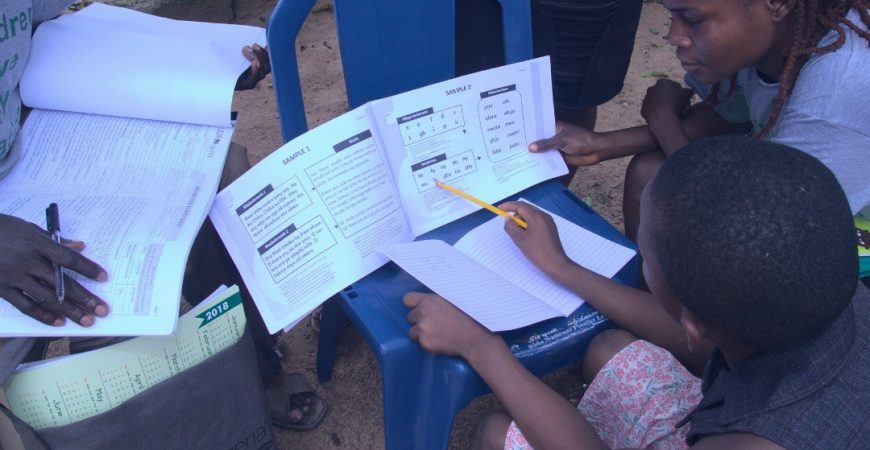Educational assessments and curriculum development are key parts of the educational system globally. On one hand, assessments serve as evaluation mechanisms and on the other hand, the curriculum determines the learning experiences that students will have during their educational process.
Nigeria, as with many countries in the world, is constantly seeking to improve its education system, as delivering premium education is critical to the development of any nation, with the education of school-age children (primary and secondary school) playing a direct role in framing the society that we live in. In pursuing this objective, it is important to note that education should not be static, but should evolve to meet changing societal demands and challenges. A mindset that seeks to stretch the educational experience of students is what distinguishes education systems that only serve to train factory workers, from those that train learners to be critical and innovative thinkers who can solve societal problems.
Where education is framed as a tool to meet societal needs, it is thus important that the curriculum is designed to enable learners understand how to apply knowledge gained, and critical to this is the development of solid assessment frameworks. Effective assessments help teachers measure and track the learning outcomes of learners. Thus, helping teachers’ pay attention to students who are underperforming. In a nutshell, the curriculum encompasses subject lessons, academic content, achievement standards and learning experiences of students as they progress through school, while assessment frameworks provide structure to assessments.
Assessments are essential to learning instruction, to determine if the goals of education are being met. Assessments impact decisions about learning outcomes and progression, instructional needs, curriculum, funding and policy development. The assessment tools and programs developed from assessment frameworks help teachers and education policy makers to evaluate learning outcomes and gather data about teaching in order to enhance learning programs, and to formulate effective education policies.
Closely linked to assessment frameworks is the curriculum development. For example, the curriculum needed to prepare students for assessments for the West African Secondary School Certificate Examination (WASSCE) will differ from the one that prepares students for Cambridge examinations. Evidently, assessments and curriculum development are complementary and as such assessment and curriculum must be aligned in activities to ensure that educational objectives are achieved.
Assessments of the future
With the change in the landscape of education resulting from the pandemic, assessments are mostly being administered via digital tools, as opposed to the traditional (paper) assessment administration. Assessments administered digitally save time, can be customized for different test takers based on their academic characteristics and can provide immediate feedback. Also, findings from assessments inform the design of learning programmes. Digitalized learning programmes can incorporate assessments into their design, whereby the progress of learners is tracked and analyzed automatically.
With the advent of Artificial Intelligence (AI), it is now possible to design assessments that test for competencies that are relevant to the 21st century labour market. Analyzing the results from these assessments will then feed into designing curriculum that trains individuals to solve global challenges.
Conclusion
The curriculum remains the bedrock for education innovation and effective assessment frameworks – that capitalize on digitalization and AI – which can offer evidence that help to bridge the gap between the curriculum and solutions to global problems. Curriculum development is never a one-off activity, it involves multiple iterative steps involving critical review and analyzing assessment frameworks and outcomes.

